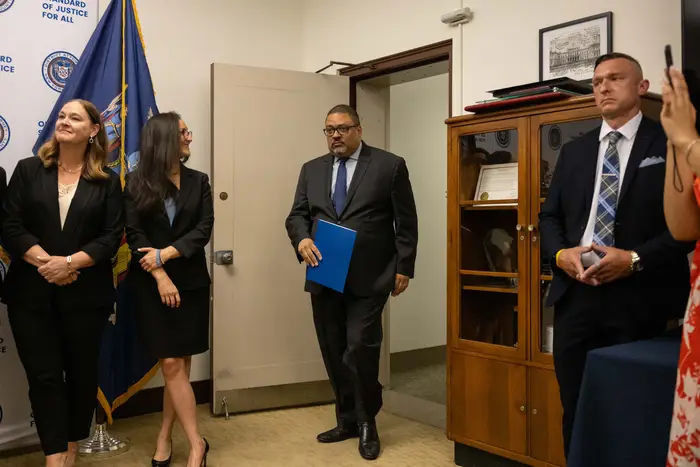URGENT UPDATE: In a shocking turn of events, an estimated 18,000 individuals in Michigan are facing a devastating loss of promised lifetime care benefits following the state’s controversial no-fault auto insurance reforms enacted in 2019. These reforms, which aimed to deliver significant savings to drivers, have instead resulted in a perilous gap for those who have already paid into a system that assured them care for catastrophic injuries.
Under the previous system, individuals who suffered serious injuries in crashes were guaranteed 24/7 care for life. However, the hastily implemented reforms did not include protections for those who had already been relying on these assurances, leaving many vulnerable and without crucial support.
Critics argue that the reforms were rushed through the legislature without adequate consideration of their impact on existing policyholders. “This is a betrayal of the trust that individuals placed in the insurance system,” said a spokesperson for the advocacy group representing crash survivors. The failure to uphold the lifetime benefits promised to these individuals raises serious ethical questions about the integrity of the reform process.
The implications of this oversight are profound. Survivors of catastrophic accidents who once felt secure in their future now face uncertainty, as many will struggle to meet their ongoing care needs. The emotional and financial toll on these individuals and their families is immeasurable, highlighting the urgent need for legislative action to rectify this situation.
As the public outcry grows, lawmakers are under increasing pressure to address these critical issues. Officials report that discussions are underway regarding possible amendments to the current legislation, but no concrete solutions have been proposed yet.
The community is rallying around those affected, with numerous advocacy organizations calling for transparency and accountability from the state government. Activists plan to hold a series of town hall meetings to discuss the impact of these reforms and to mobilize public support for restoring lost benefits.
This situation is developing rapidly, and as the pressure mounts, Michigan residents are urged to stay informed about potential legislative changes that could restore essential care benefits. The stakes are high, and the need for immediate action is critical.
It remains to be seen how lawmakers will respond to the growing demands for accountability and reform. For those affected, every moment counts as they navigate the challenges posed by the current insurance landscape.







